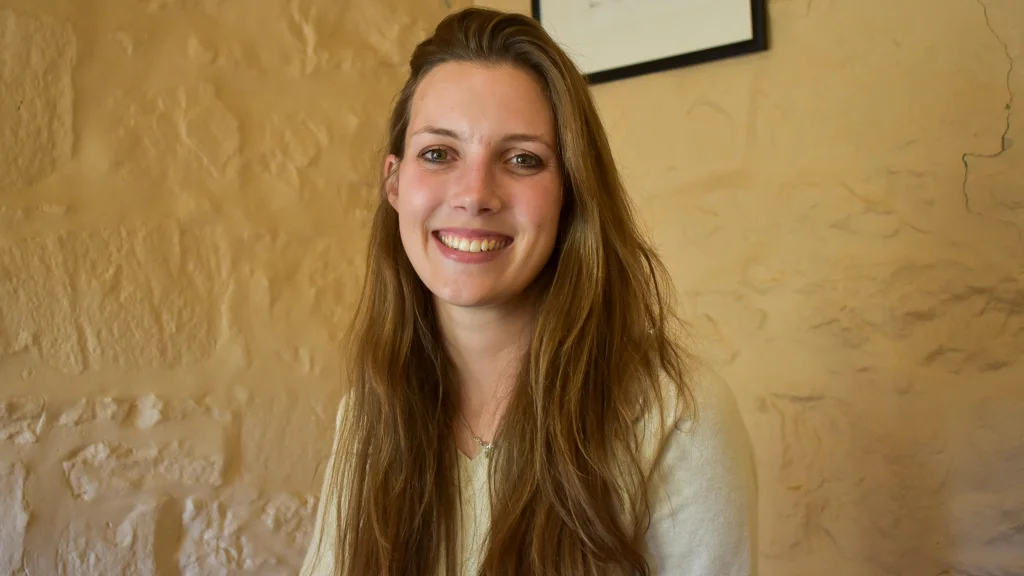
By Nwabisa Moyo
Rhodes University Master of Science student, Ariana Watkins, will fly the Rhodes University flag in London after she was selected for a studentship at the Francis Crick Institute through University College London (UCL). Watkins recently handed in her MSc thesis in Microbiology under Dr Garth Abrahams, and in September, she will embark on a journey to London to begin her PhD.
The Francis Crick Institute is an independent charity which was established to be a United Kingdom flagship for discovery research in biomedicine in 2010. It is a biomedical institute that works with different organisations across academia, medicine, and industry to make discoveries about how life works. The aim of this institute is to understand the fundamental biology underlying health and disease.
As a person who is fascinated by diseases and how they work, Watkins was thrilled to find out that she was selected to be a part of the institute as a PhD candidate. She said she was in disbelief that she was afforded the opportunity. After a rigorous process of interviews and presentations, she was 1 of 45 students selected from 1500 applicants who got a studentship to study at the Francis Crick Institute. “I was so thrilled. I did not actually believe that it happened; I felt sorry for everyone who was near me because I was really happy and screaming,” she said.
Watkins said the pursuit of her PhD is aimed at solving problems within the biomedical area, which is centred around disease control. She said her research will be focused on the Tuberculosis (TB) bacterium (Mycobacterium tuberculosis (Mtb) because it is still a concerning problem in our society. She was inspired by alarming statistics which showed TB as a leading cause of death worldwide. “My research will be based on recognising, comprehending, and reconstructing the evolution of mycobacterial systems that are capable of withstanding oxidative and nitrosative stress,” she added.
Her research aims to discover how TB has evolved different systems to survive being attacked by different kinds of stress. It will also provide the first insights into the evolution of free radical defence mechanisms in Mtb and related bacteria. She aims to find different ways to weaken these systems so that they can be targeted by different medications, which can work alongside available TB treatments.
Through her research, she aims to find targets that pharmaceutical scientists can use to develop treatments for people battling TB. This research may be able to reduce treatment times significantly through its results.
As this is novel research, Watkins will be the first to discover the results that it will yield. “It is really exciting and scary because, since you are tackling unknown ground, there is no one there to tell you that you are doing the right thing. If it does go somewhere, it could be really useful and cool,” she explained.
She is eager to learn at the Francis Institute because she will be surrounded by people who have been in her field for many years. “I am really excited because it is a new adventure. I have never been to Europe or the UK, so I am really excited for this opportunity to go and explore,” said Watkins.
Upon the completion of her PhD, she will work towards establishing herself as a researcher, running her own experiments, and eventually, running her own labs so that she can choose the problems that require solutions and the research that she will do. Her interests also lie in scientific communication, as she wants to make scientific information more understandable to ordinary people. “I want to put an emphasis, not only on doing good research but doing research that we can tell everyone about”, she concluded.

